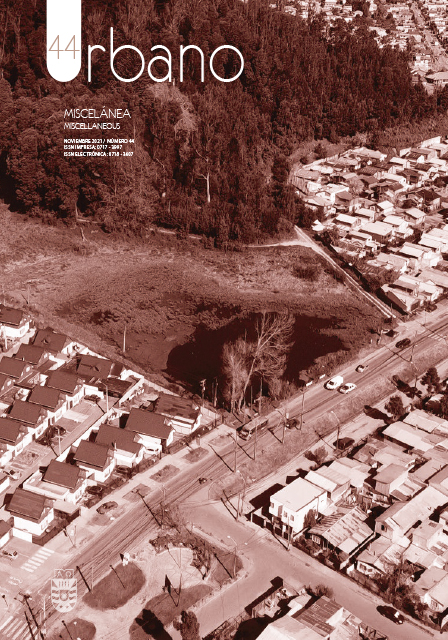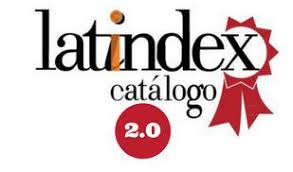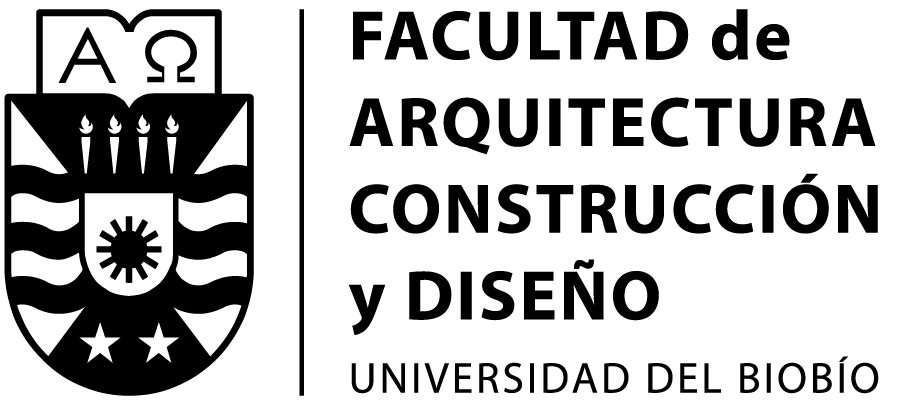The urban struggle to regain and redefine the public space in Latin America
DOI:
https://doi.org/10.22320/07183607.2021.24.44.08Keywords:
cartography, cities, public space, social movements, reconquestAbstract
Since its inception in ancient Greece, public space has played a key role in the politics and democracy of cities. Its role has been degraded in post-modernity, and reached its deepest crisis in the full maturity of the post-Fordist system (from 1990 onwards). This economic and representation depression, as well as institutional legitimacy, that States are experiencing, have promoted the emergence and resurgence of different social movements that flood cities globally. Here is where the concern of the Frente Urbano Amparo Poch y Gascón collective lies, formed by the authors, to recognize and characterize, from a socio-urban logic, these manifestations and the sustained occupation that public spaces have experienced in different Latin American cities during the last decade. This research, framed within the Virtual Latin American Meeting, Utopías Líquidas, is proposed starting from a mixed methodology of collective mapping, recognizing public spaces, and characterizing their occupation exercised by Latin American social movements, in the dispute to redefine them and regain their political character, and thus value the different Latin American social movements and their struggles, in an act that encourages resistance and solidarity.
Downloads
References
ARAUJO, K. (2019). Hilos Tensados. Para leer el octubre chileno. Santiago de Chile: Editorial USACH.
ARENDT, H. (1997). ¿Qué es la política? Textos de Hannah Arendt. Buenos Aires: Paidós.
BERROETA, H. Y VIDAL, T. (2012). La noción de espacio público y la configuración de la ciudad: fundamentos para los relatos de pérdida, civilidad y disputa. Polis, (31). Recuperado de http://journals.openedition.org/polis/3612
BORJA, J. (2012). Revolución urbana y derechos ciudadanos: Claves para interpretar las contradicciones de la ciudad actual. Tesis doctoral. Universitat de Barcelona. Recuperado de http://diposit.ub.edu/dspace/bitstream/2445/42013/7/01.JBS_1de2.pdf
CASTELLS, M. (2006). La era de la información: Economía, Sociedad y Cultura. El fin del milenio. Madrid: Alianza Editorial.
FALS BORDA, O. (2015). Una sociología sentipensante para América Latina. Bogotá: Siglo XXI Editores.
FERNÁNDEZ, R. (2013). El espacio público en disputa: Manifestaciones políticas, ciudad y ciudadanía en el Chile actual. Psicoperspectivas, 12(2), 28-37.
FUENTES HERNÁNDEZ, P. Y CERDA BRINTRUP, G. (2020). Ciudad resignificada. Arquitecturas del Sur, 38(58), 4-5. DOI: https://doi.org/10.22320/07196466.2020.38.058.00
FUMAGALLI, A. (2010). Bioeconomía y capitalismo cognitivo. Roma: Traficantes de sueños.
HARVEY, D. (2013). The right to the city. Recuperado de davidharvey.org: https://davidharvey.org/media/righttothecity.pdf
Iconoclasistas (2013). Manual del mapeo colectivo. Buenos Aires: Tinta de Limón Ediciones.
Iconoclasistas (2021). Problemáticas y resistencias. Mujeres del Chaco Americano. Recuperado de iconoclasistas.net: https://iconoclasistas.net/experiencias-online/
INZULZA-CONTARDO, J. (2020). Intervenciones urbanas en Latinoamérica con marcas de gentrificación y segregación socio espacial. Revista de Urbanismo, (42), I-III. DOI: https://doi.org/10.5354/0717-5051.2020.57723
JIRÓN, P. Y FADDA, G. (2000). Gender in the discussion of quality of life vs. quality of place. Open House International, 25(4). Recuperado de http://www.calidaddevida.uchile.cl//pdf/Gender.pdf
KLEIN, N. (2007). La doctrina del shock. Barcelona: Paidós.
LAPOMARDA, L. (2020). Diagnóstico del espacio vivido para contribuir a aprendizajes situados. Plurentes. Artes y Letras, (11). DOI: https://doi.org/10.24215/18536212e009
LEFEBVRE, H. (2013). La Producción del Espacio. Madrid: Capitán Swing Libros.
LIN, T. (2019). Hasta que la (plaza de la) Dignidad se haga costumbre. Violencias y espacio público en la protesta metropolitana. En K. Araujo, Hilos Tensados para leer el octubre chileno (pp. 299-314). Santiago de Chile: USACH.
MAYOL, A. (2012). El derrumbe del modelo. Santiago de Chile: LOM.
NAVARRO DE PABLOS, J., NAVAS CARRILLO, D. Y PÉREZ CANO, M. T. (2021). Ciudad y lucha: la plaza como altavoz social. Parámetros urbanos y sociopolíticos en la ocupación del espacio público iberoamericano. EURE, 47(141), 183 - 206. DOI: https://doi.org/10.7764/eure.47.141.09
PLAYERS, G. (2018). Movimientos sociales en el siglo XXI. Buenos Aires: CLACSO.
RETAMAL, F. Y PAVEZ, J. (11-18 de octubre de 2020). La ciudad como plataforma de movimientos sociales. Taller dinamizado por el colectivo Frente Urbano Amparo Poch. Encuentro Virtual Latinoamericano Utopías Líquidas. Encuentro Virtual, Latinoamérica.
RIZZO, P. (2011). El derecho al espacio público urbano como espacio de expresión y disputa. Recuperado de http://conti.derhuman.jus.gob.ar/2011/10/mesa_17/rizzo_mesa_17.pdf
ROBERTS, M. (9 de mayo de 2019). Una curva cada vez más larga, pero más baja de la economía global. El viejo topo. Recuperado de https://www.elviejotopo.com/topoexpress/una-curva-cada-vez-mas-larga-pero-mas-baja-de-la-economia-global/
ROITMAN, M. (2012). Los indignados: El rescate de la política. Madrid: Akal.
SENNETT, R. (1977). The Fall of Public Man. Nueva York: Penguin.
SQUELLA SOTO, R. (2021). Conflicto socioambiental, participación ciudadana y disputa territorial: La mirada de la Psicología Ambiental Comunitaria. Psicoperspectivas, 20(2), 79-90. DOI: https://dx.doi.org/10.5027/psicoperspectivas-vol20-issue2-fulltext-2211
SWYNGEDOUW, E. (2018). Promises of the political insurgent cities in a post-political environment. Cambridge: The MIT Press.
TEJERINA, B. (2005). Movimientos sociales, espacio público y ciudadanía: Los caminos de la utopía. Revista Crítica de Ciencias Sociales, (72), 67-97.
VALENZUELA, P. (2020). Reconquistando la ciudad como espacio de disputa política. Revista Planeo, (42). Recuperado de http://revistaplaneo.cl/2020/01/08/reconquistando-la-ciudad-como-espacio-de-disputa-politica/
ZAZO MORATALLA, A. (2019). Editorial: Chile despertó, y se auto-organizó. Revista Urbano, 22(40), 4-9. DOI: https://doi.org/10.22320/07183607.2019.22.40.00
Downloads
Published
How to Cite
Issue
Section
License
Copyright (c) 2021 Florencia Retamal-Quijada, Javiera Pavez-Estrada

This work is licensed under a Creative Commons Attribution-ShareAlike 4.0 International License.
The content of articles which are published in each edition of Habitat Sustentable, is the exclusive responsibility of the author(s) and does not necessarily represent the thinking or compromise the opinion of University of the Bio-Bio.
The author(s) conserve their copyright and guarantee to the journal, the right of first publication of their work. This will simultaneously be subject to the Creative Commons Recognition License CC BY-SA, which allows others to share-copy, transform or create new materials from this work for non-commercial purposes, as long as they recognize authorship and the first publication in this journal, and its new creations are under a license with the same terms.![]()























